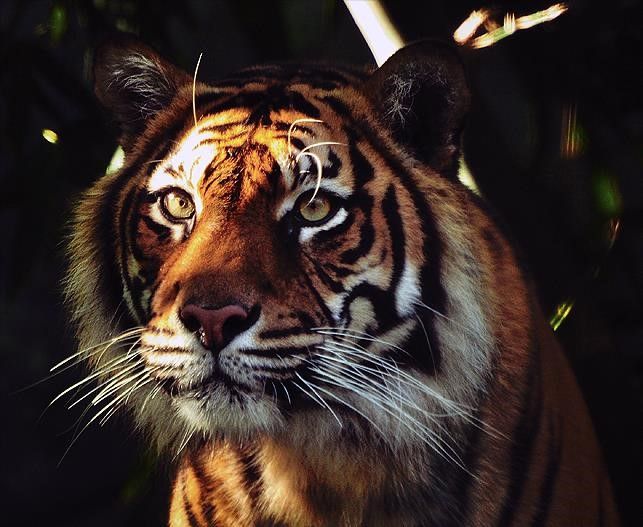Protecting marine sanctuaries on the island of Siquijor in the Philippines
Posted on
|
There are some amazing people doing great things for nature and conservation. On the island of Siquijor in the central Philippines, Women have got together to protect marine sanctuaries from poachers and illegal fishers, even though they only have paddles and kayaks. They are prepared to risk their lives to protect there are. The waters are full of rich coral reefs and fish diversity – but they are being impacted by both illegal fishing which has impacted on the coral reefs and reduced fish diversity and its abundance, and climate change. This video tells the story of the women. One woman has been shot at – but she is determined and her efforts resulted in the arrest of the person shooting at her. Watch and be inspired…
The video was supported with a grant from the Earth Journalism Network. Source: Mongabay.com |
